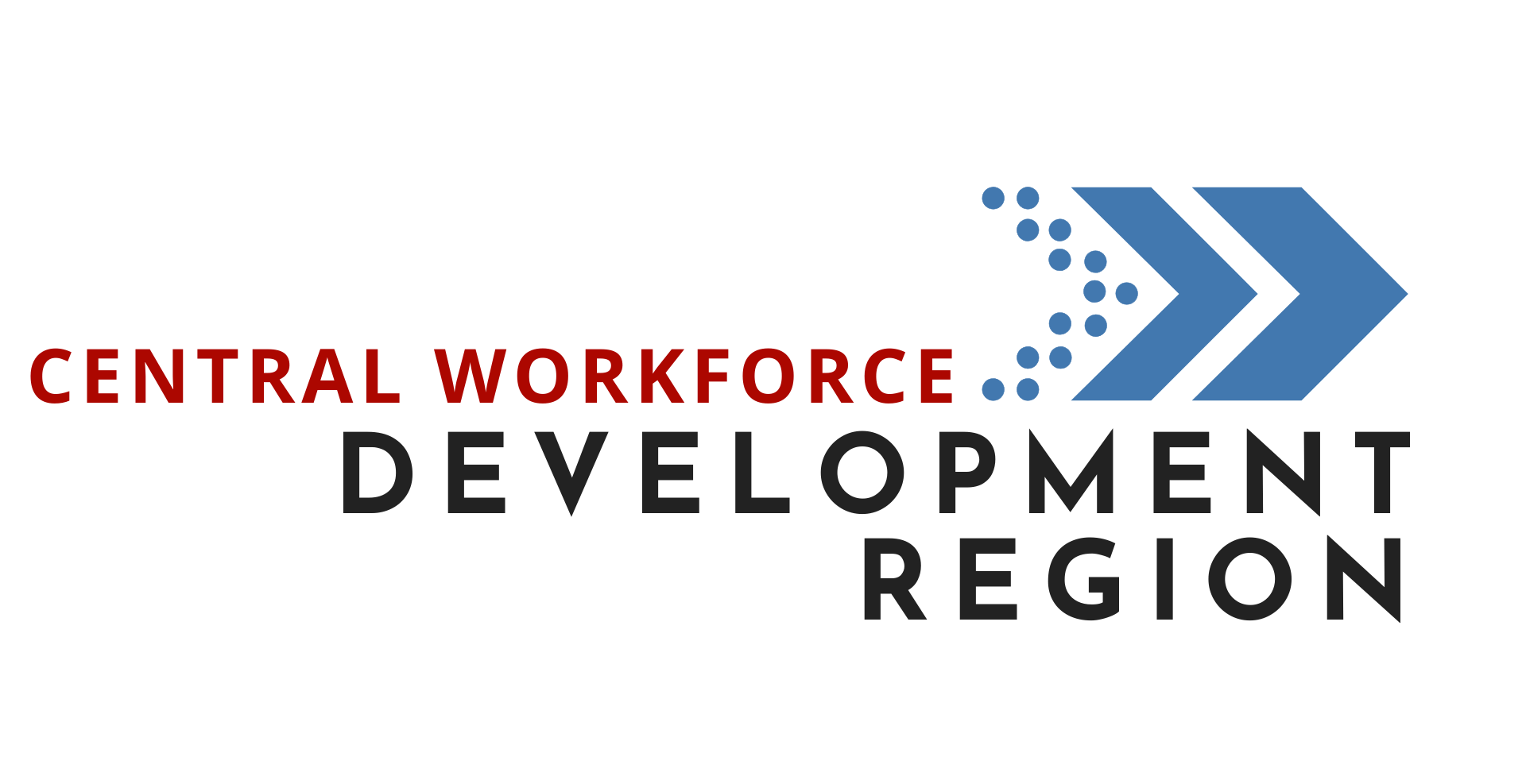Graduation season is in full swing. Across Missouri, proud families are cheering, tassels are turning, and new graduates are stepping into the world with diplomas in hand and dreams on the horizon.
But once the caps are tossed, many young adults are left wondering what comes next.
Some are heading off to college. Others are stepping straight into the workforce. And a significant number find themselves in a gray area—unsure of the path ahead, uncertain how to turn their interests into income, and unaware of the resources available to help them do just that.
That’s where the Central Region Missouri Job Centers come in.
The Transition is Real
The jump from high school or college to full-time work isn’t always a straight line. For some, the process of choosing a career path—or even just a summer job—can be overwhelming. The pressure to “have it all figured out” often collides with the reality that many grads haven’t yet explored their skills, values, or career interests in a meaningful way.
Others are eager to work but lack key elements: a résumé, professional experience, or even transportation. These gaps can be discouraging, but they’re also solvable—with the right support.
That’s why this season is such a critical time for outreach, connection, and encouragement.
Support Starts Here
Across the Central Region, Missouri Job Centers and workforce partners are equipped and ready to help graduates build bridges between education and employment. Whether a young person is job-ready or just starting to explore their options, there are several entry points for support:
- Career Assessments: These tools help individuals identify interests, strengths, and job clusters that align with their unique profile. It’s a great first step for those unsure of their direction.
- Résumé & Application Help: Many new grads have never written a résumé—or don’t know what to include. Workforce staff can guide them through the process, highlighting school achievements, volunteer experience, and transferable skills.
- Interview Prep: Practice interviews and coaching help build confidence and communication skills that are critical to landing the first job.
- Job Matching: From seasonal positions to entry-level roles in growing industries, Job Centers offer access to current job leads, employer connections, and hiring events.
- Training & Apprenticeships: For grads not pursuing traditional college paths, workforce programs can connect them to earn-and-learn opportunities or industry-recognized training programs that lead to high-demand careers.
- Soft Skills Development: Communication, time management, and workplace etiquette—these “human” skills are often just as important as technical know-how. Workshops and mentorship help build this foundation.
A Word from the Front Lines
“We see a lot of young people walk through our doors with potential—they just don’t always know how to communicate it,” said Sundi Jo Graham, Communications Coordinator for the Central Workforce Development Region. “They might be great with technology or have natural leadership skills from team sports, but translating that to a résumé or interview isn’t easy. That’s where we can step in.”
Youth services staff often take on multiple roles: part coach, part connector, part cheerleader. And it’s paying off.
“We’ve had high school graduates find career clarity through assessments and go on to complete training in healthcare, welding, IT, CDL training, and so much more,” Sundi Jo adds. “Sometimes all they need is someone to ask the right questions and point them in the right direction.”
Real Success: From Graduate to Master Welder
Dylan Green is proof of that. He went from a high school graduate to a master welder.
In late April 2024, Dylan met with a Career Consultant at the Rolla Job Center. With a passion for welding and only one part-time job under his belt, he sought support navigating what came next after graduation. He qualified for the QUEST grant—a game-changer that covered tuition, fees, and supplies.
After graduating high school in May, Dylan enrolled at Iron Eagle Welding Academy and completed an intensive 14-week, 560-hour Master Pipe Welding and Fitting program by early September. Within just nine days of completing training, Dylan secured a high-paying job with Boilermakers Local 83 at $42/hr.
These stories may not make headlines—but they are the quiet victories that define effective workforce development.
The Workforce Link Podcast offers forward thinking conversations for the workforce, linking employers and job seekers to a brighter tomorrow. Check out the details here…
Opportunities Beyond College
Not every student’s next step includes a four-year degree, and that’s okay. The Central Missouri workforce system is built to support a variety of post-graduation paths.
Programs like registered apprenticeships, on-the-job training (OJT), and short-term credential programs provide real alternatives for those who want to start earning while they continue learning.
“These options are not a fallback—they’re a smart, strategic move for many young people,” says Sundi Jo Graham. “They build skills, reduce debt, and can lead to long-term, high-wage careers.”
Summer is the Perfect Time to Plug In
With the school year behind them, graduates have a unique window of time to explore the workforce, gain experience, and discover what motivates them. Whether it’s a part-time job, a seasonal position, or the start of a longer career journey, the summer months are full of potential.
Central Region Missouri Job Centers are encouraging young adults—and their families—to take advantage of these resources early.
“Don’t wait until August,” Sundi Jo said.. “Come in now. Let’s talk about what’s next before the stress kicks in.”
Graduation is a milestone worth celebrating—but it’s also a moment for momentum. The Class of 2025 is entering a world that needs their talents, their creativity, and their resilience.
And they don’t have to navigate it alone.
From building résumés to building confidence, Central Region Missouri Job Centers are committed to helping every graduate find a place to grow, earn, and thrive.
To learn more or get connected, call or visit your local Central Region Job Center.

